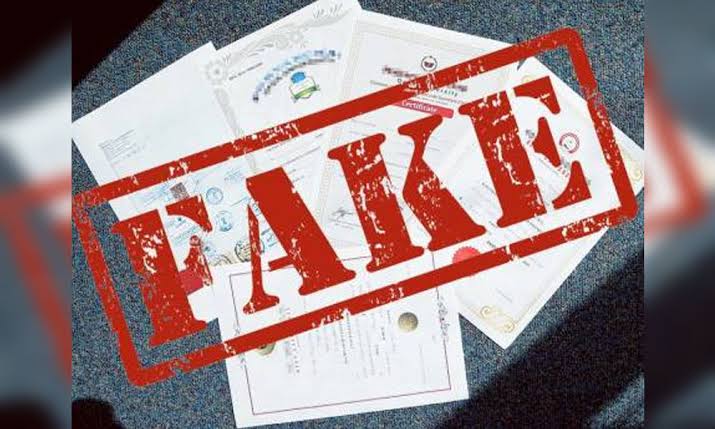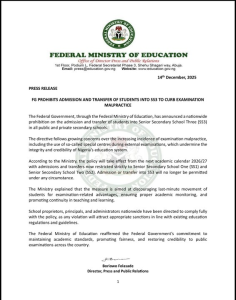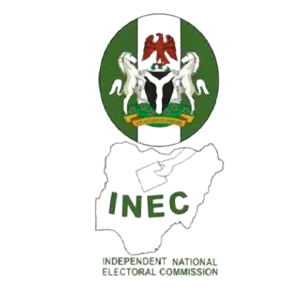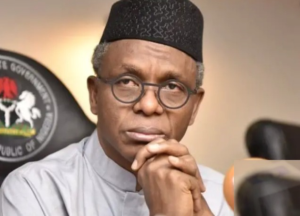
The Federal Government of Nigeria has intensified efforts to combat certificate racketeering and academic fraud by mandating full implementation of academic credential verification nationwide starting October 6, 2025.
This directive, issued in a service-wide circular signed by the Secretary to the Government of the Federation, Senator George Akume, targets all Ministries, Departments, and Agencies (MDAs), as well as public and private tertiary institutions.
Under the National Policy for the Nigeria Education Repository and Databank (NERD), all existing and prospective staff must obtain clearance through the National Credential Verification Service (NCVS) before their appointments can be confirmed.
Each verified credential will be assigned a National Credential Number (NCN) and security codes to ensure traceability and authenticity.
This reform signifies a major shift from previous fragmented interventions, establishing a centralized quality assurance system independent of individual institutions.
The NCVS, launched in March 2025 by the Minister of Education, Dr. Tunji Alausa, aims to curb fake degrees, diploma mills, and unearned honours that undermine Nigeria’s educational credibility.
Ms. Haula Galadima, Executive Director of Communication and Cybersecurity for NERD, confirmed that all services are operational and urged employers to enrol their focal persons and records officers through the official onboarding portal at ned.gov.ng/onboarding.
The NERD system integrates unique identifiers such as the National Student Number (NSN), National Credential Number (NCN), and National Document Number (NDN) to allow instant verification of certificates and awards.
This one-stop digital platform links decentralized institutional databases, enhancing educational integrity and national security while boosting Nigeria’s global academic competitiveness.
Galadima emphasized that by October 6, fake degrees and unearned honours will no longer evade detection, as every academic credential presented in Nigeria must be verifiable instantly.
The policy enjoys broad support from educational regulatory bodies and represents a significant milestone in safeguarding Nigeria’s education system from fraud and enhancing public trust.








